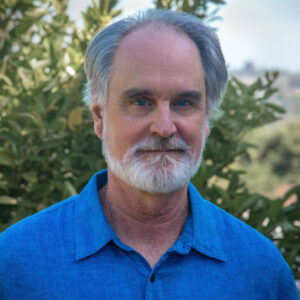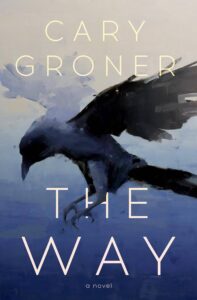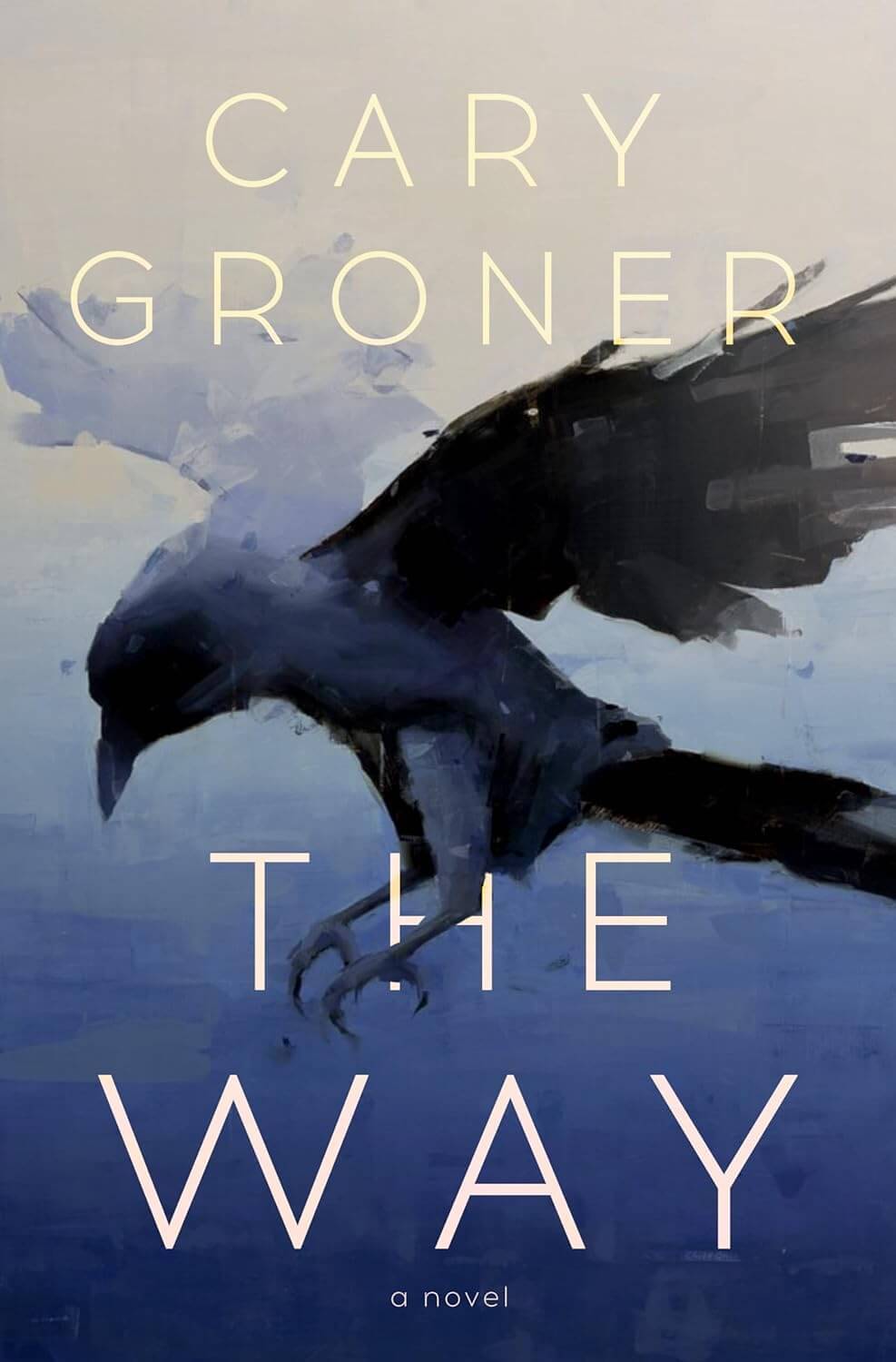The way across a depopulated American West
Novel explores humanity under siege in a post-apocalyptic U.S.
Novel explores humanity under siege in a post-apocalyptic U.S.
Reviews of The Way by Cary Groner might start by describing the post-apocalyptic or dystopian aspect of this book, but I found the most fascinating part of this novel in the essence of found family. Will Collins is a contemplative man living well into his early fifties after a deadly disease wipes out the majority of Earth’s population over the age of thirty. With some brief flashes back to the past, the story mainly takes place in the year 2048, when gas has become unusable and electrical power grids have long stopped working. Tasked with delivering a vital ampule of medication to California, Will sets off from his Buddhist retreat in the mountains of Colorado on a life altering road trip adventure, while being hunted by an extremist militant named Buck Flynn.

Cary Groner
Will’s constant animal companions are Cassie, a Maine coon cat, and Peau, a playful punditry of a name for a raven. He can communicate with them and even believes Peau understands a little English. Here Groner describes one of my favorite moments with the cat: “The next morning I awoke, sleepily, to find Cassie stretched out to her full, impressive length beside me. We were hurkle-durkling—luxuriating in wakefulness beneath warm covers for a while before we had to get up. I petted her. She purred and yawned. We were a little postapocalyptic diorama of domestic contentment.” The idea of enjoying this moment between chase sequences and violent encounters shows the author’s empathy for his characters and builds the inseparable bond between them. I was already a fan of Groner’s writing up to this point, but “hurkle-durkling” is one of my favorite word combinations of all time.
This found family is joined by Sophie, a 14-year-old orphan escaping a deplorable fate in one of the towns Will passes through. The four make an odd family, but their support and protection of one another reinforces the idea that not all families are traditional or bound by blood.
Dystopian novels usually involve a form of repressive government or society with rules bent to a specific purpose for those at the top, exploiting those underneath them. Several of the societies Will encounters still function rather well. There’s a society near a river that elects a female mayor, mistaken by Will at first for a king or queen; you have to leave your presuppositions at the door for this one. Even the town of Princely is a delight, with a bartering system to rival the best utopias.
The setting of a world left to the ravages of time without humans is playfully conveyed at times through Groner’s prose. Describing an abandoned town and the effect of large buildings “defenestrated” by time, he writes: “They gave the city its  most unsettling and beautiful characteristic, though, for even in gentle breezes it began to whistle and moan like a collection of giant wind instruments. High flutelike trills, the baritone of oboes, human-sounding wails and cries of despair, all this resonated through the streets depending on the direction and velocity of moving air, so that the place exhaled a full-throated symphony of lamentation and downfall.” Groner is adept at personifying inanimate objects with life and vitality.
most unsettling and beautiful characteristic, though, for even in gentle breezes it began to whistle and moan like a collection of giant wind instruments. High flutelike trills, the baritone of oboes, human-sounding wails and cries of despair, all this resonated through the streets depending on the direction and velocity of moving air, so that the place exhaled a full-throated symphony of lamentation and downfall.” Groner is adept at personifying inanimate objects with life and vitality.
Will’s introspection gives the reader a break from the bleak landscape of a harsh world and a character in a near constant state of fight or flight. Survival is his foremost thought on every page but he muses about his Buddhist beliefs coming up against the possible need to kill for survival. As he reminisces about the past, he realizes that he is constantly, “baffled by how to live ethically in a violent world.” Eventually, he balances these needs by utilizing lessons from Sun Tzu’s Art of War as a guide to exploit the landscape against his enemies, or use their own avarice against them. These skillful tactics keep Will’s integrity about not harming animals intact, while showcasing his ingenuity under extreme circumstances.
Groner places Will at a Buddhist retreat hours outside of Denver, where he practices meditation and isolation, at first by choice and then because most of the world’s population has died. As Will travels across the west toward California, he encounters teeming buffalo herds, large populations of birds and an unbelievable re-population of wildlife without the interfering development of mankind. Without that human interference, Will is able to experience nature in a way few of us will ever get to in our homes proximal to the Rocky Mountains. It becomes a poignant look at the beautiful nature outside of the metropolitan areas we populate.
Cary Groner’s debut novel, Exiles, was called one the best books of the year by the Chicago Tribune in 2011. He has also written over two hundred articles as a medical journalist, several award-winning short stories and stage plays. The Way, due to be released December 3, will no doubt make him even better known among fans of literary fiction.
Kurt Bunch has a MFA in creative writing from Regis University in Denver, Colorado. He received a BFA in Film & Media Studies from University of Florida. He is eternally searching for what he wants to be when he grows up. He splits his time between Colorado Springs and the Pacific Northwest while enjoying family life, travel, sailing, crabbing, reading and napping, in between compulsive fits of writing novels and screenplays.
Click here for more from Kurt Bunch.

